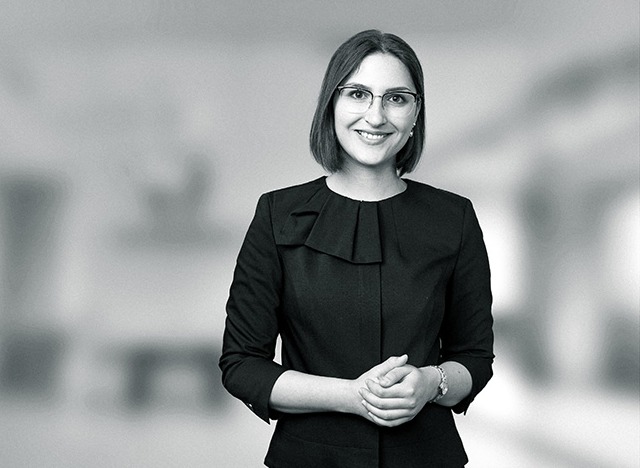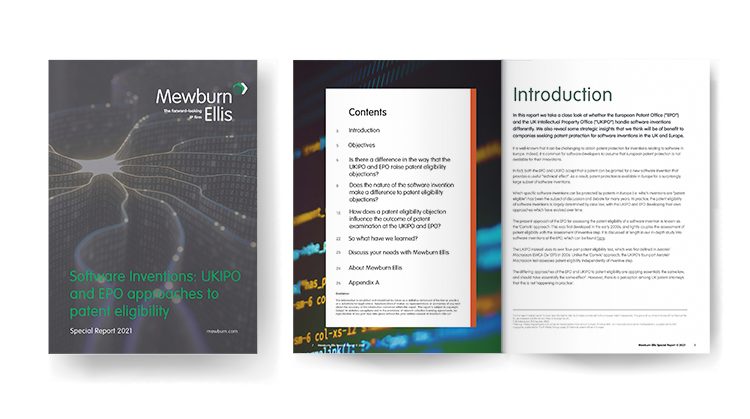There is a common misconception that it isn’t possible to patent software. In fact, it is possible to obtain European patent protection for a new software development, provided it can be shown that the new software solves a “technical problem” in a non-obvious manner
The law in this area is complex (we’ve written an in-depth study here), and as such there is ultimately no substitute for talking with us about what you are looking to achieve in terms of IP protection for software, in view of your business model and goals. Nonetheless, here are five key things you should be thinking about if you are looking to secure patent protection for some newly developed software:
Consider what elements of the software are new, and whether any of those new elements help to solve a technical problem
If your software helps to solve a technical problem associated with the running of a computer system (e.g. helping it run more quickly, reliably or securely) or solves a technical problem external to a computer system (e.g. improving the control of an external apparatus), then there is a good prospect that the European patent office will view the software as being potentially patentable. If, on the other hand, the software solves a non-technical problem (e.g. solving a business-related problem), then patent protection in Europe is unlikely to be available (even if the software is based on an original idea).
If you’re struggling to determine what might be viewed as “technical”, then seek help!
The European patent office has always resisted providing clear guidance on what is/isn’t “technical”, so it can sometimes be difficult to determine whether a “technical problem” has been solved by some newly developed software. We have a great deal of experience in assessing patent eligibility, and are happy to help with this.
If the invention is based on a business/administrative idea, think twice
It’s not impossible to get patent protection in the context of a business/administrative process, but it’s rare, so you should seek advice before proceeding. Again, we are happy to help.
Think carefully about jurisdictions
Not all patent offices in Europe handle software inventions in the same way. For example, the UK Intellectual Property Office (“UKIPO”) has a very restrictive approach to assessing the patentability of software inventions which is demonstrably out of step with the European Patent Office (“EPO”). These differences can be leveraged by savvy applicants to maximise patent protection for their software, by selecting jurisdictions according to the nature of the software that has been developed. We have expertise in this area, so are well placed to assist with forming a patent strategy that takes into account jurisdictional differences.
Consider whether other forms of IP protection might suffice
Although patents can be a powerful tool for protecting a new software development, they can be expensive and are not always the optimum choice. We have written a guide to IP protection for software products that explains various forms of IP protection for software. For example, copyright can be used to stop others from copying your source code, without the significant expense associated with the patenting process. Trade secrets are another option which can be used to protect source code that is hidden from public view. We have the expertise to help you take these other forms of IP protection into account, when devising an IP strategy for your business.























-1%20copy.jpeg?width=296&height=418&name=software%20booklet%20(4)-1%20copy.jpeg)


.webp?width=1200&height=628&name=Software%20Fixed%20Fee-1%20(1).webp)









